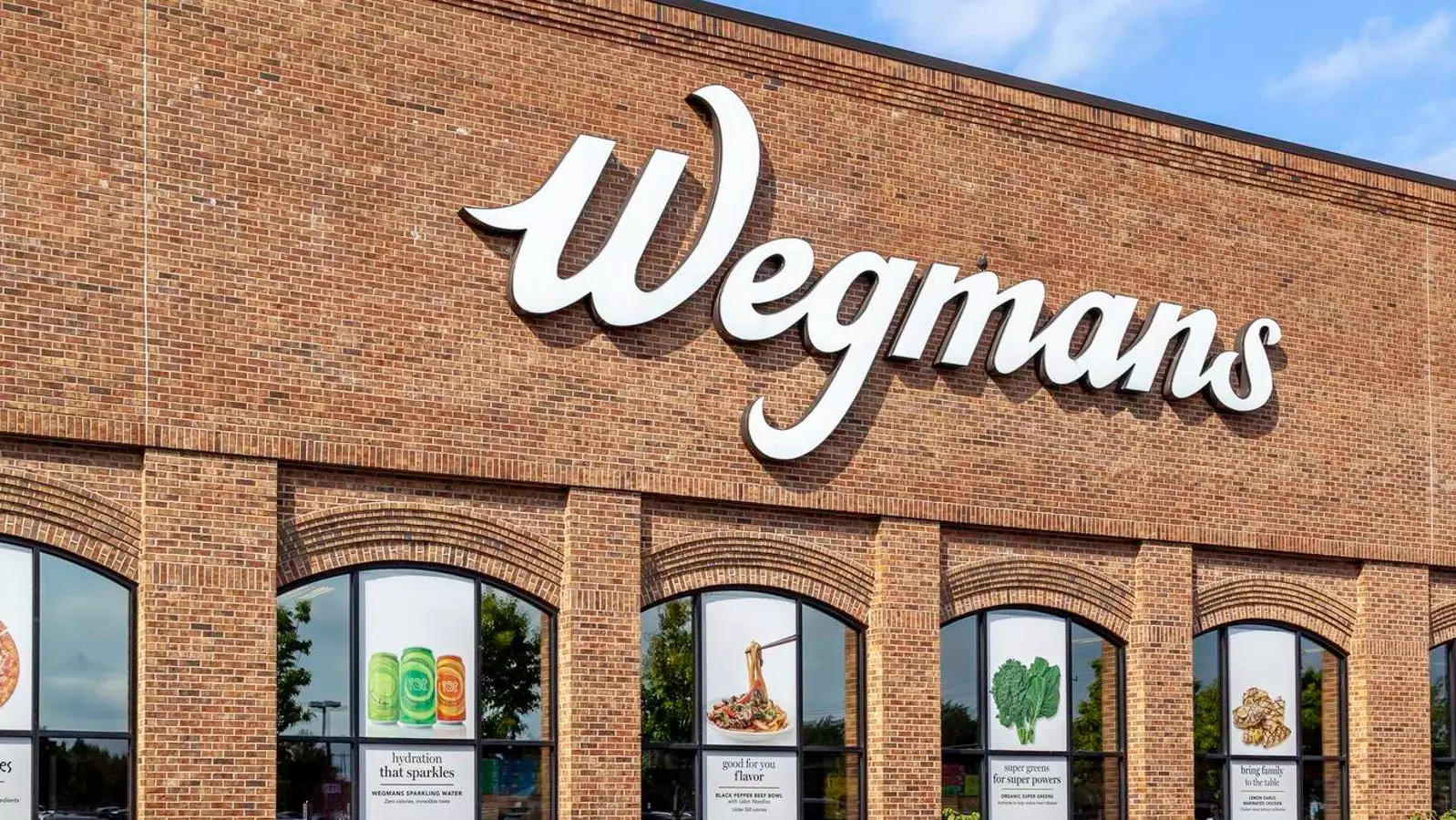The landscape of grocery shopping has undergone a significant transformation over the past decade, with private-label grocery brands emerging as formidable competitors to established national brands. This shift is underscored by striking statistics; private-label sales in the United States reached an unprecedented $271 billion in 2024, indicating that more than half of American consumers now favor store-brand products over famous names. As shoppers gravitate towards private labels for their perceived quality and lower prices, it becomes imperative to address a growing concern: the safety and reliability of these products, especially when incidents like the recent Wegmans breaded chicken nuggets recall come to light.
On January 29, 2025, Wegmans announced a voluntary recall of its 46-ounce Family Pack Fully Cooked Breaded Chicken Breast Nuggets due to potential contamination with bone fragments. This type of situation, though isolated, highlights a crucial point in the dialogue surrounding private-label products. While the USDA deemed the product not a widespread health hazard, a public health alert nonetheless was issued, stressing the importance of food safety in the private-label sector. This incident serves as a reminder that even reputable retailers are not immune to food safety pitfalls, which can send ripples through consumer confidence.
When customers are urged not to consume these nuggets, it calls into question the level of quality assurance from private-label brands. Although such recalls may not be uncommon in the grocery industry, they can significantly influence how consumers perceive store brands and their willingness to rely on them for everyday purchases.
The growth of private-label grocery brands is not just a trend; it reflects a shift in consumer behavior. Recent studies reveal that 55% of shoppers purchased more private-label goods last year, and an impressive 46% plan to lean even further into these offerings. Price and perceived value play critical roles in this movement, as consumers begin to perceive private-label products not merely as budget options but as direct competitors in terms of quality. This change in perception emphasizes the necessity for grocery retailers like Wegmans to ensure that their private labels deliver consistent quality and safety to maintain customer loyalty.
Today’s consumers demand transparency and high-quality standards from private-label brands, going beyond just affordability. They are well aware of food safety challenges facing various industries, including poultry, which has recently been plagued by supply chain disruptions and health-related issues. Hence, the expectation is that private-label foods not only meet affordability markers but also match or surpass the safety protocols established by more traditional national brands.
As private-label brands continue their upward trajectory, food safety becomes a central concern for the industry. The USDA’s alert regarding Wegmans’ chicken nuggets exemplifies the essential role that food safety plays in influencing grocery shopping behavior. Incidents like these lead consumers to reevaluate their purchasing decisions, prompting them to consider whether they can trust private-label products as much as or even more than well-known brands.
Retailers must proactively address these concerns by implementing rigorous quality control measures. A proactive stance on food safety can serve as a differentiator for private labels in a marketplace saturated with options. According to a CoBank report on grocery trends, the expectation for food safety will only rise as private-label brands continue to expand their market share.
The Wegmans recall serves as both a cautionary tale and a pivotal moment for the private-label grocery segment. As consumers become increasingly aware of the shifts in their purchasing habits, they must also be vigilant about food safety. The current dialogue regarding private-label products emphasizes the need for grocery retailers to meet not only the demand for lower prices but also the demand for consistent quality and safety.
For customers, balancing the benefits of private-label products with food safety concerns will be an ongoing conversation. It is essential to participate in the shaping of this narrative by staying informed, checking product recalls, and understanding the quality control measures that retailers like Wegmans implement to protect their clientele. Private-label brands, once seen simply as economical alternatives, are evolving into significant culinary players that must prioritize safety as they navigate the complexities of consumer trust and market demands.
Whether a recall alters how you perceive private-label products is reflective of a broader trend—one where safety, quality, and affordability converge to shape the future of grocery shopping.


Leave a Reply